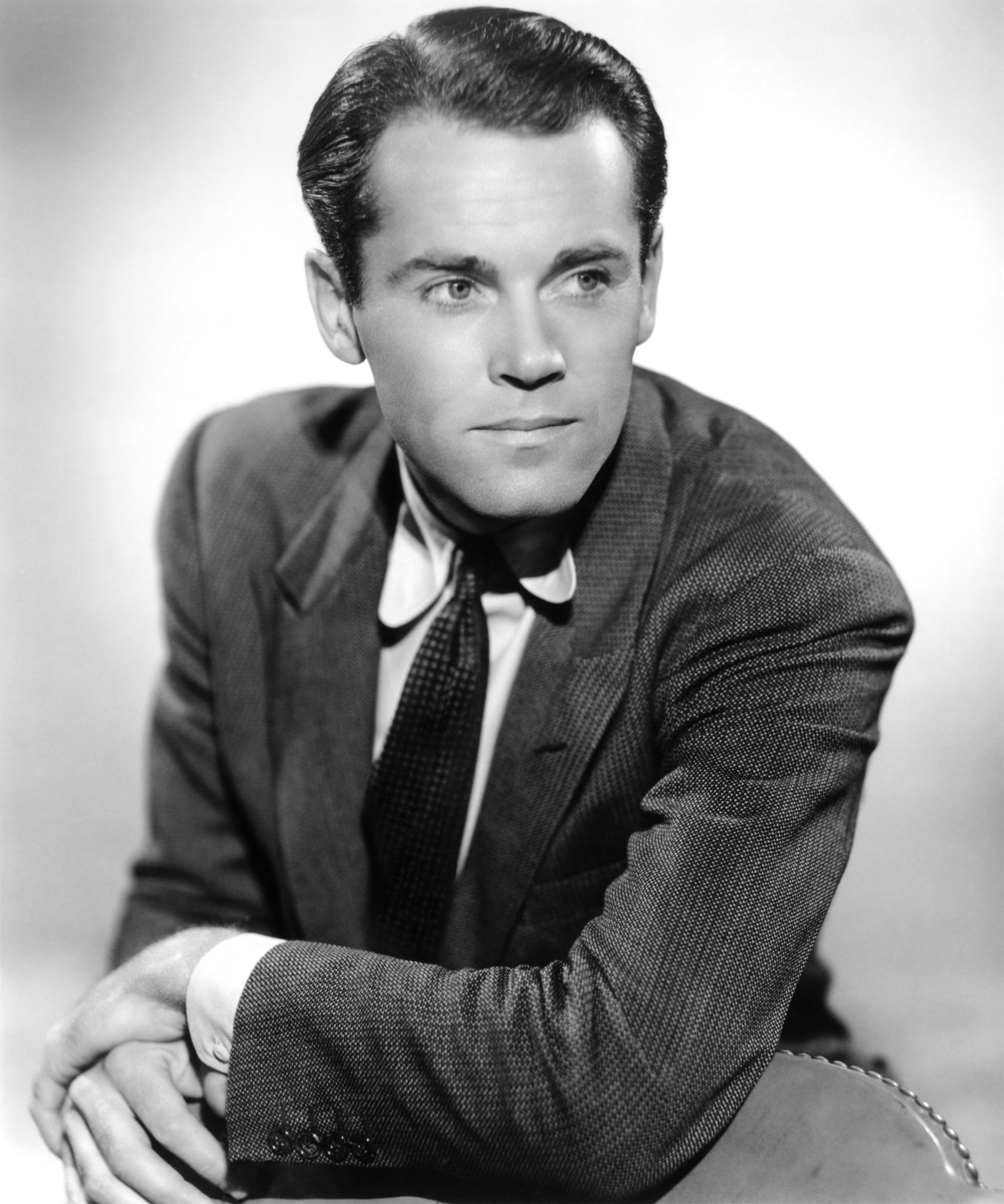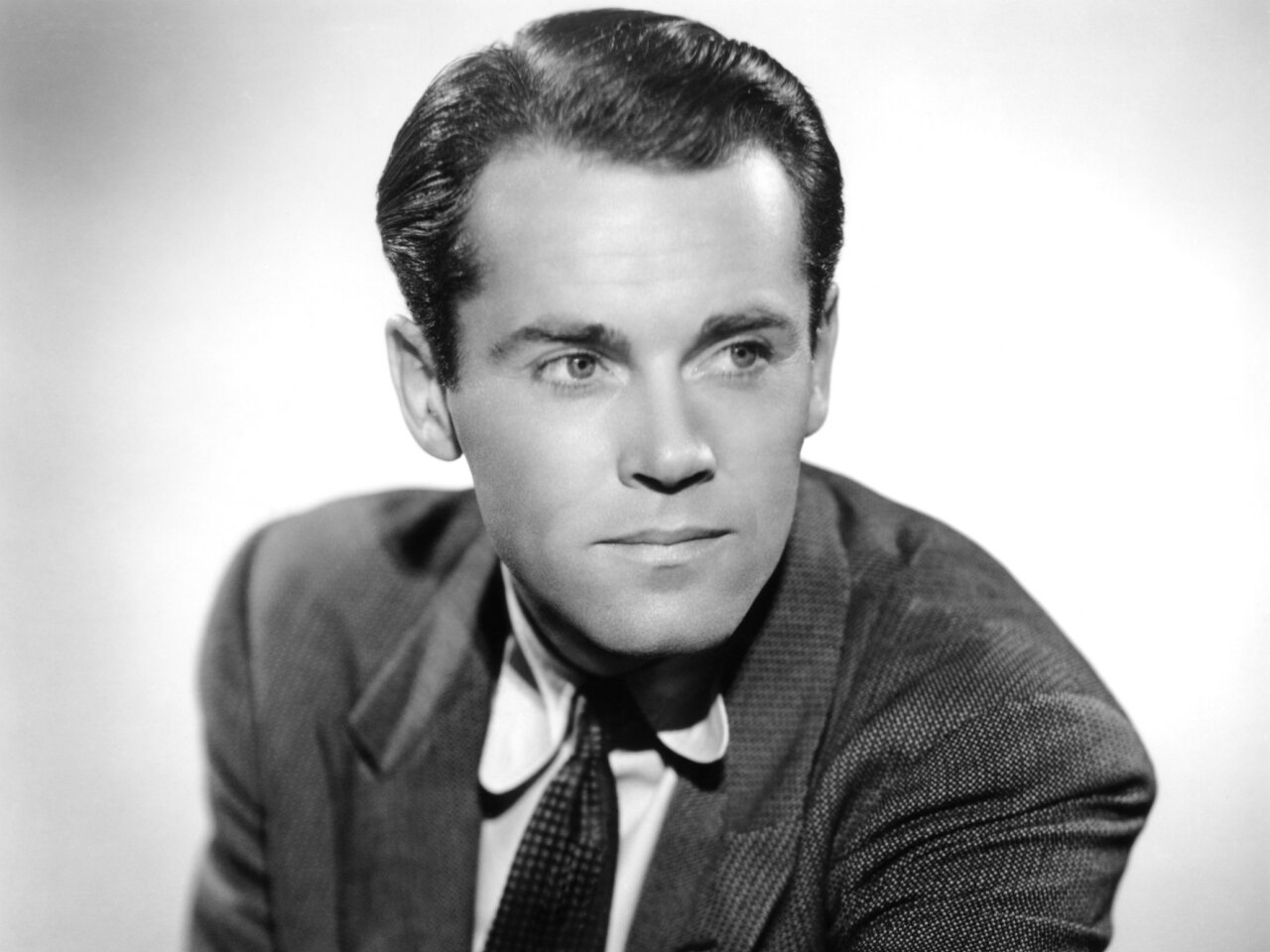The Enduring Appeal of Henry Fonda
Henry Fonda, a name that resonates with classic Hollywood elegance and timeless acting prowess, continues to be a subject of admiration and interest even in 2024. Born in 1905, Fonda's career spanned over five decades, during which he became one of the most respected and versatile actors in American cinema. Known for his strong moral compass and the everyman persona he often portrayed, Fonda's roles have left an indelible mark on both audiences and the film industry. This article delves into the various facets of Henry Fonda's career and legacy, exploring why he remains an enduring figure in the world of film and beyond.
Early Life and Career Beginnings
Henry Fonda's journey into acting began in a rather unassuming manner. Born in Grand Island, Nebraska, Fonda initially pursued a career in journalism before the acting bug bit him. His move to the East Coast and involvement with the University Players in Massachusetts marked the beginning of his theatrical journey. It was there that he honed his craft, developing a keen sense of stage presence and an ability to convey genuine emotion—skills that would later define his illustrious film career. Early roles on Broadway provided Fonda with the foundation he needed, leading to his eventual transition to Hollywood where he made his film debut in "The Farmer Takes a Wife" (1935).
Breakthrough Roles and Hollywood Stardom
Fonda's big break came with roles that showcased his ability to portray complex characters with integrity and depth. His performance in "The Grapes of Wrath" (1940), directed by John Ford, remains one of his most iconic roles. Fonda's portrayal of Tom Joad, a man struggling to keep his family together during the Great Depression, earned him an Academy Award nomination and solidified his status as a leading man in Hollywood. This film, along with others like "Young Mr. Lincoln" (1939) and "My Darling Clementine" (1946), demonstrated Fonda's versatility and his commitment to roles that explored themes of justice, resilience, and morality.
Collaboration with Renowned Directors
Throughout his career, Fonda had the opportunity to work with some of the most celebrated directors in cinema history. His collaborations with John Ford were particularly notable, resulting in a series of films that are now considered classics. Additionally, Fonda worked with directors like Alfred Hitchcock in "The Wrong Man" (1956) and Sidney Lumet in "12 Angry Men" (1957). These collaborations allowed Fonda to explore a wide range of genres and characters, from Westerns to thrillers, showcasing his adaptability and commitment to his craft. His ability to seamlessly transition between different styles and narratives is a testament to his skills as an actor.
Legacy of the Everyman
One of the defining aspects of Henry Fonda's career was his portrayal of the everyman—a character that audiences could relate to and root for. Whether he was playing a young lawyer, a frontier marshal, or a wrongly accused man, Fonda brought authenticity and sincerity to his roles. This connection with the audience was one of his greatest strengths, allowing viewers to see themselves in his characters and feel a deep emotional connection to the stories being told. Fonda's ability to embody the struggles and triumphs of ordinary people made him a beloved figure, both on and off the screen.
Impact on Modern Cinema
Henry Fonda's influence on modern cinema cannot be overstated. His commitment to authenticity and his dedication to his craft have inspired countless actors and filmmakers over the years. Today, many actors look to Fonda's performances as a benchmark for honesty and realism in acting. His ability to convey complex emotions with subtlety and nuance is something that continues to be studied and admired in acting schools around the world. Moreover, Fonda's choice of roles that often highlighted social and political issues paved the way for future generations to use film as a medium for change and awareness.
- Matthew Charles Czuchry Wife
- Cartoon Names Girl
- Frank Abagnale Jr
- Does Liam Payne Have Adhd
- Charli Damelio Nudes
A Family Legacy in Film
The Fonda family has made a significant impact on the entertainment industry, with Henry Fonda's legacy extending through his children and grandchildren. His daughter, Jane Fonda, and son, Peter Fonda, both became accomplished actors in their own right, each carving out their own niches in Hollywood. Jane Fonda, known for her activism and roles in films like "Klute" (1971) and "On Golden Pond" (1981), has continued her father's tradition of choosing meaningful and challenging roles. Peter Fonda, celebrated for his role in "Easy Rider" (1969), contributed to the counterculture movement in film. The Fonda family's collective contributions have left a lasting impression on cinema.
Recognition and Awards
Henry Fonda's contributions to film did not go unnoticed during his lifetime. He received numerous accolades, including an Academy Award for Best Actor for his role in "On Golden Pond" (1981), a film that also starred his daughter Jane. This recognition came late in his career, serving as a fitting tribute to his enduring talent and dedication to his craft. In addition to his Oscar win, Fonda was awarded the Presidential Medal of Freedom in 1980, acknowledging his impact on American culture and his role as a cinematic icon. These honors reflect the respect and admiration he garnered throughout his career and beyond.
Reflections on a Timeless Career
Reflecting on Henry Fonda's career in 2024, it is clear that his contributions to film and his influence on the industry remain significant. His ability to bring depth and authenticity to his roles, coupled with his commitment to portraying characters with integrity, has left an indelible mark on cinema. Fonda's legacy is one of excellence, a testament to his passion for storytelling and his dedication to his craft. As new generations discover his films, the timeless appeal of Henry Fonda continues to captivate and inspire, ensuring that his place in the annals of film history remains secure.
The Enduring Relevance of Henry Fonda
In conclusion, Henry Fonda's legacy endures not only because of his remarkable body of work but also because of the values and principles he brought to his performances. His roles often explored themes of justice, morality, and the human condition, making them relevant even in today's world. As we continue to navigate complex social and political landscapes, Fonda's films offer a lens through which we can examine our own beliefs and values. In 2024, the legacy of Henry Fonda serves as a reminder of the power of cinema to reflect, challenge, and inspire, ensuring that his influence will be felt for generations to come.


